Washington and Ankara seem to be on the same page in Gaza, but there are many differences in the details.
Washington and Ankara seem to be on the same page in Gaza, but there are many differences in the details.
Following the ceasefire in Gaza, all eyes are turning to the political process in the Strip. One of the key players is Turkey, one of the 4 countries that signed a declaration in Sharm el-Sheikh, stating to guarantee the agreement.
Turkish President Recep Tayyip Erdoğan signed the so-called Trump Declaration for Peace and Lasting Prosperity. On Wednesday, speaking to the press, Erdoğan pledged to defend the agreement till the last.
But there are fundamental differences between the approach of Trump and Erdoğan, told me Professor Muhammed Hüseyin Mercan of the SETA Foundation, an influential institution in Türkiye founded by Ibrahim Kalın, the current head of Turkish national intelligence.
“Ankara does not share the Western perspective of treating the West Bank and Gaza Strip separately and accepting Jerusalem as the sovereign territory of the occupying power. Türkiye treats Palestine as an integral entity.”
Mercan adds that Trump’s 20-point-plan starts with deradicalization and elimination of terrorists in Gaza, while Ankara, in its established discourse, considers the Zionist occupation army in Palestine acting as committing acts of terror.
“There is a very serious difference of opinion between President Erdoğan and Trump on the definition of the actors in Gaza, and that there is a very serious difference in the use of terminology. This is already the most important issue of the conflict.”
Osman Atalay is an expert active in solidarity with Palestine, underlines the US president’s speech. He is International Relations Expert and Executive Committee Member of the Humanitarian Aid Foundation (IHH). Speaking to UWI, Atalay points to Trump’s speeches.
“Neither in Tel Aviv nor in Egypt did Trump mention the Palestinian state, and this at a time when the entire world is debating the two-state solution and when 90 percent of the UN recognized the Palestinian state.”
Mercan says this is another difference between Ankara and Washington, where the US treats the Gaza Strip separately, while the Turkish government considers the Palestine question as an “integral one, consisting of West Jordan, the Jerusalem issue and the Gaza Strip”.
Both experts state that Hamas is in the focus. For Atalay, Trump’s plan aims at a Gaza without Hamas. Trump’s plan demands the disarmament of Hamas and its exclusion from any future government in Gaza, with a government of Palestinian technocrats under the supervision of an international transitional body.
Mercan emphasizes that Hamas has long agreed to transfer local authority in Gaza, as long as the future administration is Palestinian. Atalay points out that Hamas has a political wing and an armed one, with the former being also represented in the Palestinian parliament.
As for the disarmament, Mercan says that the Qassam Brigades, its armed wing, may lay down arms or integrate itself into a new security struggle. “But we should not ignore that Hamas is a structure and a movement that represents the political identity and will of the Palestinians, the political goals and ideologies of the Palestinians”, he adds.
Both experts are suspicious of Israel not fulfilling its commitments, specifically retreating to the agreed lines and continuing attacks. Safeguarding fulfillment of the agreement and establishing security in Gaza is key.
“We see that Ankara is currently making an effort to maintain order in Gaza, at least in terms of protecting Gaza against the attacks of the occupation army, by taking part in the international strategic force that can be formed, by taking part in that international bloc there”, says Mercan.
Trump’s plan establishes an international Stabilization Force for that matter.
“Negotiations regarding this force are ongoing. Its function will be to ensure stability and provide security for Gazans by preventing and halting certain actions Israel has been carrying out for the past two days. Therefore, it will initially be composed of regional forces, such as those from Qatar, Egypt, Saudi Arabia, and Türkiye”, says Dr. Fahri Erenel, retired general of the Turkish Armed Forces and a professor at the Istinye University, Istanbul.
He points out that the Turkish armed forces have experience with these missions and are already present in southern Lebanon within a UN Mission.
“This force could be legitimized by a decision of the UN Security Council, this time unanimously. An internationally approved peacekeeping force would then enter the Strip. Whether this happens depends on the relationship Trump establishes with the UN”, he adds.
Trump has been wary about multilateralism and just recently approved cuts in the US spending for UN peace missions. Besides, adds Erenel, are rumors that the force would be placed under US CENTCOM command.
All experts agree that the truce offers a respite to the population of the Gaza Strip and warns against possible Israeli sabotage. At the same time, they agree that Trump’s plan does not offer a final solution to the conflict.







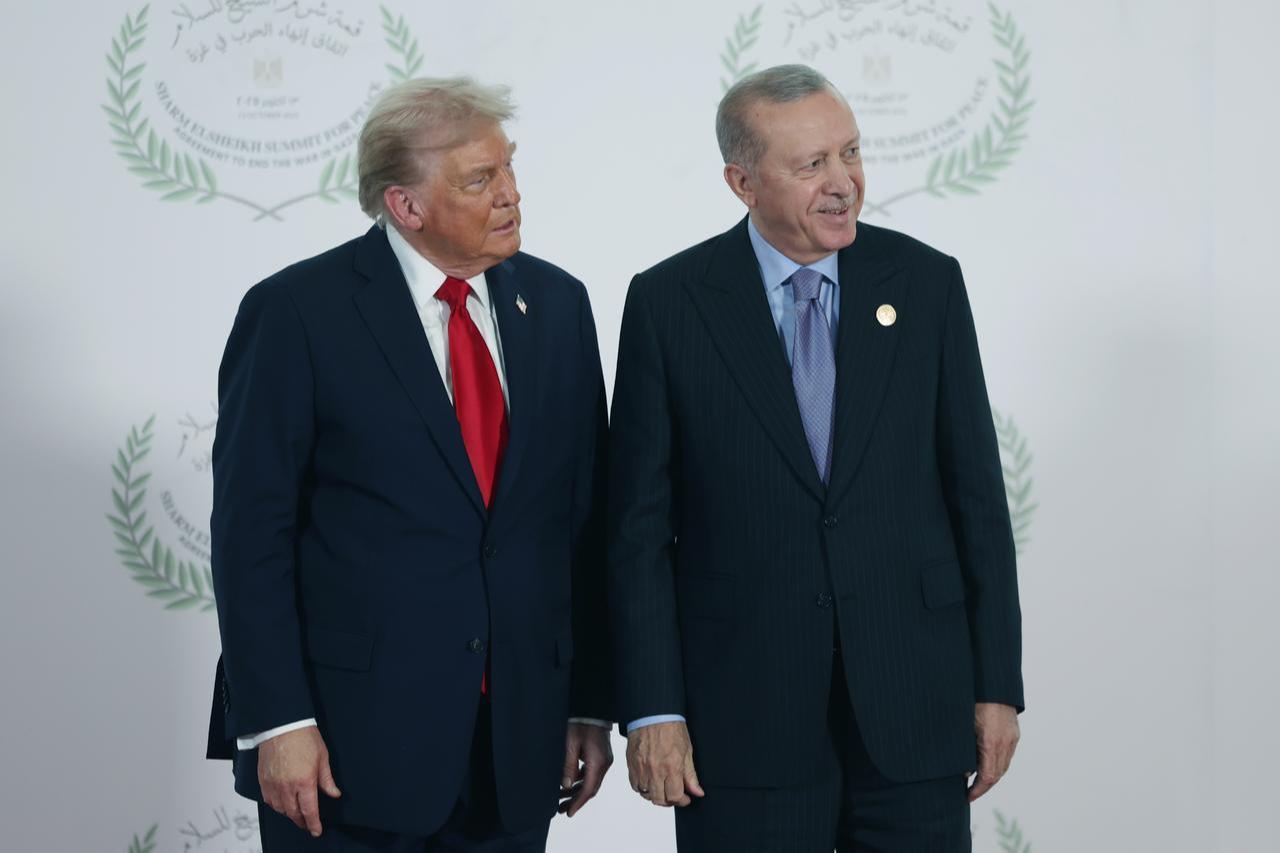
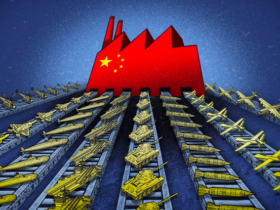
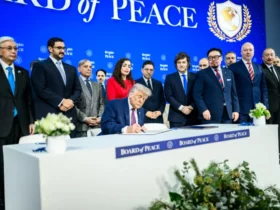
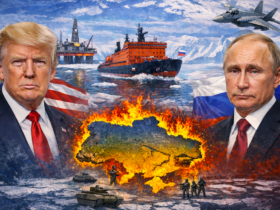

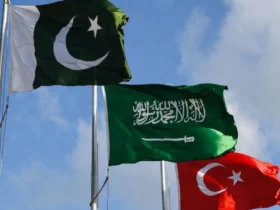
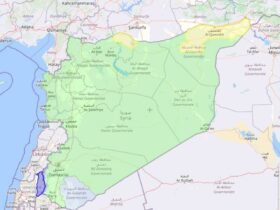

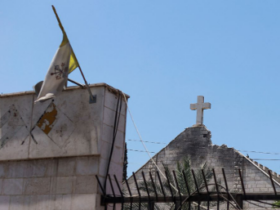

Leave a Reply